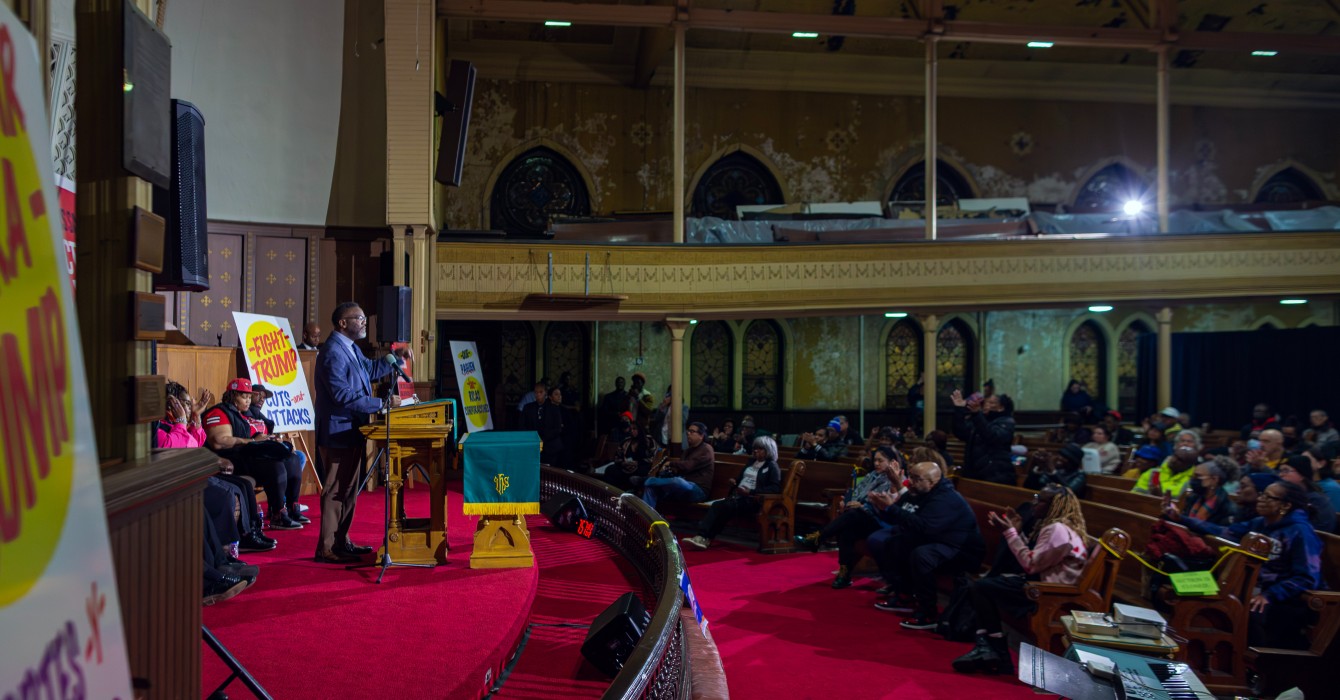The New Testament describes the church in beautiful language layered with rich theological meaning. Images of the body of Christ and God’s household provide an embarrassment of riches for the ways we might think about the nature and mission of the church. So whenever someone describes the church as a “business,” all I hear is the sound of fingernails dragging slowly across a chalkboard (You remember chalkboards, right?).
The metaphor of church as business wears many disguises. It might be thrown across the room like a Molotov cocktail in a personnel meeting when someone is making the case for the maximum efficiency of church employees. Or you might hear this ticking time bomb in a finance committee meeting by someone suggesting that the church transfer its cash accounts from the locally-owned bank to the large corporate branch in order to obtain a half-point more in interest. The business metaphor is like kudzu. Just when you think you’ve gotten rid of it, here it comes again.
So where does this idea come from? Why do people use it despite the fact that it seems antithetical to everything the New Testament says about the church? In my experience, the idea crops up whenever someone is trying: (1) to rescue the church from its pitiful inefficiency, (2) make a case for how money should or, more often, should not be spent, or (3) remedy one of the pastor’s (or another staff member’s) professional ailments.
An interview I heard on NPR the other day helped me understand the persistence of this idea.
Michelle Norris interviewed Christopher Soghain, a graduate fellow at the Center for Applied Cybersecurity Research at Indiana University, to get his opinion about the telephone hacking scandal at “News of the World.” She asked him how consumers could have protected themselves against alleged invasions of privacy. Mr. Soghain said that consumers would have been safe if they would have changed the default PIN number assigned by the carrier. It’s that simple. And why didn’t they do this? He added that a large body of research shows that people stick with defaults -- in everything from Facebook to investments in a company’s 401(k) plan. We are apt to accept the way things are.
I wonder if the metaphor of the church as business is so stubborn because, when people think of organizations, “business” is a default way of thinking in our culture. People do not say the church is a business to articulate something new or insightful about the church. The church is a business because business is what we know best. Business sounds familiar.
What an interesting and troubling idea.
The idea is interesting because I think some people say business but really mean something more specific, such as a need for organizational clarity, mutual accountability, strong leadership, good communication, and other attributes of successful business. But these attributes are not unique to profit-making businesses. Scripture issues a clear call for visionary leadership, well-managed organizations and mutual accountability (Acts 6:1-8).
So I can agree that there is always room to improve the way churches operate, but it is time to reject the troubling language of the church as business. The gospel leaves no room for accepting the status quo. Sticking with the default will do no good for any of the organizations we serve. Authentic leadership imagines a future that will only be realized when we step outside of the ways we currently think about ourselves, our neighbors and our institutions. Like Paul and Silas, we have been sent to turn the world upside down (Acts 17:6).
Prince Raney Rivers is pastor of United Metropolitan Missionary Baptist Church in Winston-Salem, North Carolina.







